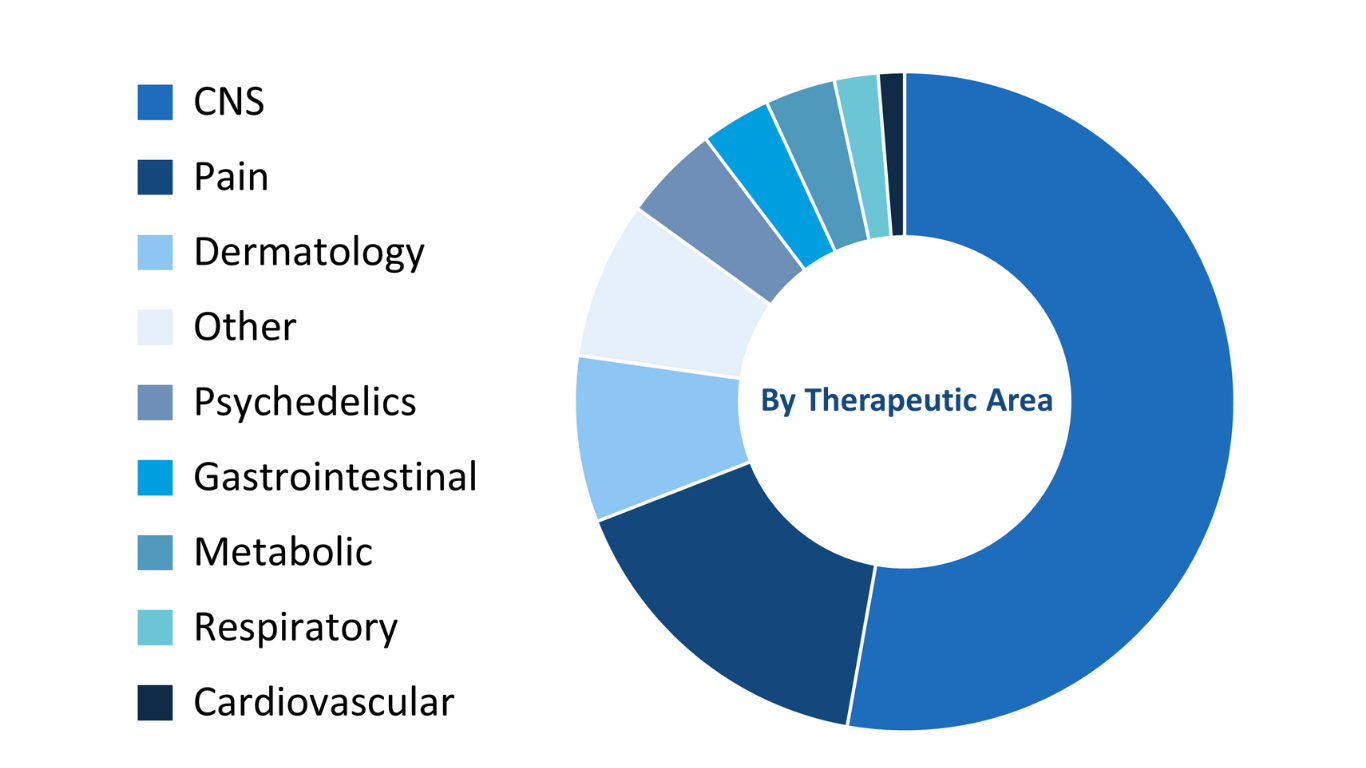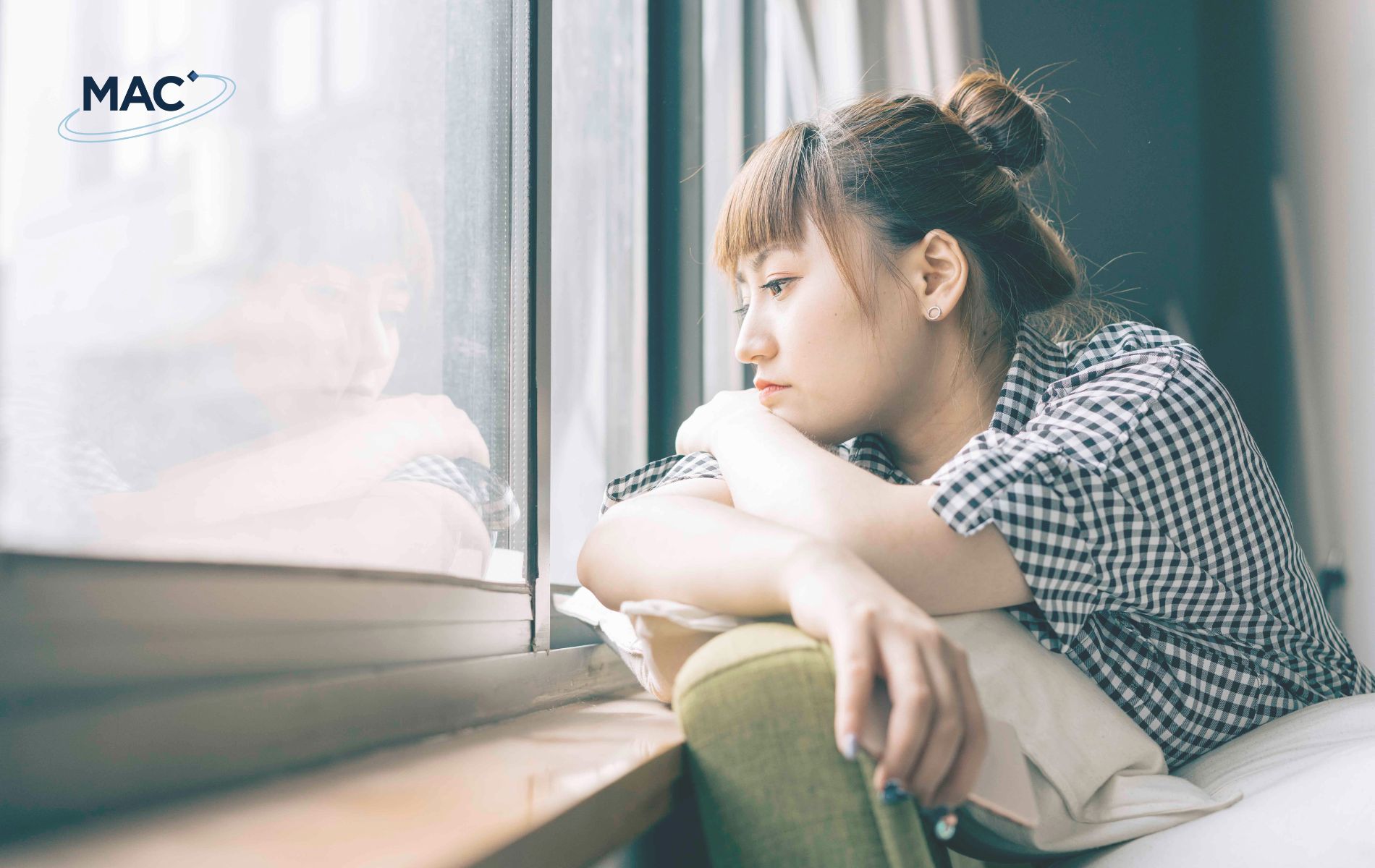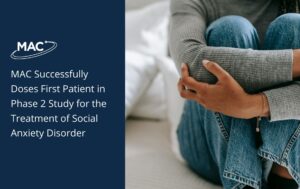Social connections are vital for our health and wellbeing. With the advent of the internet, smartphones, and social media, it’s possible to speak to someone on the other side of the world at the press of a button. However, lifestyle changes–including an increase in single-person households, remote working, and less community support–can leave people feeling more disconnected than ever.
According to an online global survey published in 2022, approximately 33% of adults worldwide reported experiencing feelings of loneliness–a likely underestimated figure. Loneliness is subjective: a distressing feeling associated with isolation and lack of meaningful connection, as opposed to solitude, which is simply the state of being alone.
However, loneliness can have a much more detrimental impact on our health if the feeling is prolonged.
Dr Abiramy Yogendran, a physician at MAC, says that ‘long-term feelings of loneliness can negatively impact physical and mental health, quality of life, and even longevity. It has been associated with several health problems such as depression and cognitive decline (gradual loss of memory and thinking abilities), and it increases risk of cardiovascular disease, alcohol and substance misuse, and reduces the body’s ability to fight infection.’
In fact, loneliness and mental health disorders often go hand-in-hand. A 2018 report found that loneliness was considered a moderately significant variable in a sample of more than 40,000 people living with depression**.
With more and more people being diagnosed with mental health conditions, such as depression and anxiety, there has also been a substantial increase in clinical trial activity within these indications. The global mental health clinical trials market is anticipated to grow at a compound annual growth rate (CAGR) of 8.3% from 2023 to 2030, and is expected to be worth $5.10 billion**.
At MAC, 11% of the clinical trials we have conducted have been in mental health indications. We have also seen an uplift of alternative treatments within the research field, with 13 of our recent studies including psychedelic and dissociative drugs to treat many mental health disorders. View MAC Psychedelic Fact Sheet.
There are of course certain situations where people are more likely to experience loneliness, such as after the death of a loved one or close friend, becoming a new parent or carer, having a relationship breakdown, becoming unemployed or having a long-term illness. Loneliness is often stigmatised; however, it is important to remember that it is a normal emotion that can affect anyone. .
It is also important to remember that being alone and feeling lonely are not necessarily the same. Many people feel lonely even if surrounded by people, whilst people who are alone do not always feel lonely. Solitude may be restorative to some, and learning to be comfortable in our own company is important. Mindfulness, meditation, journalling, exercising, and spending time in nature are some forms of self-care that can help you connect with yourself, which will in turn improve your relationships with others.
Here at MAC, to acknowledge Loneliness Awareness Week we are encouraging people to connect and make everyday connections matter. We are holding daily ‘Coffee Morning’ drop-in sessions this week for employees to come together and simply connect.
*Loneliness among adults worldwide by country 2021 | Statista
** https://journals.sagepub.com/doi/abs/10.1177/0020764018776349











